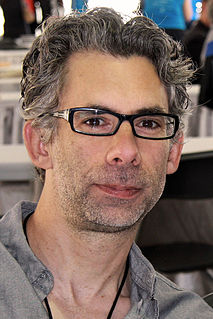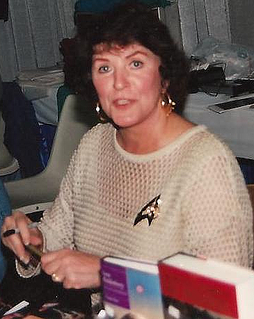A Quote by Bret Anthony Johnston
Related Quotes
I love telling stories. I think of myself as a storyteller, and I don't feel bound by being just a singer or an actress. First, I'm a storyteller, and history is stories - the most compelling stories. There is a lot you can find out about yourself through knowing about history. I have always been attracted to things that are old. I have just always found such things interesting and compelling.
What I think is great about Pippin, specifically, and I wouldn't make this generalization about all musicals, is that it is about how we tell stories and the way stories are very subjective. How we tell some things and leave other things out in the way The Princess Bride is or The Wizard of Oz is, which both have a framing device.

































